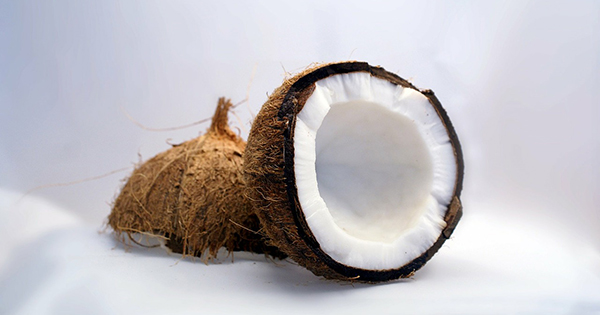Guest Post By Payal Bhandari M.D.
There’s been a lot of buzz about the health benefits of coconut oil lately. It’s not just a marketing stunt; over 1,500 studies support this trend. But as a pet owner you may wonder: is it really healthy for my pet, too? Absolutely! As long as you don’t overdo it, your pets can also reap the benefits of this amazing fruit.
Continue reading


